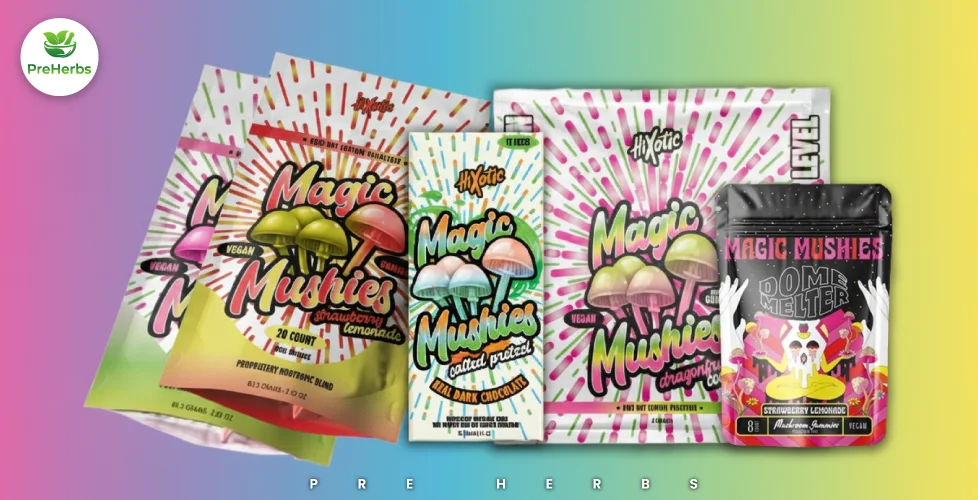The Blue Lotus Herb, often enveloped in an aura of mystery and reverence, has captivated the human imagination for centuries. The Blue Lotus Herb, or Nymphaea caerulea, carries deep cultural significance, particularly in ancient Egypt, for its captivating scent, beauty, and psychoactive effects. Our blog post explores its history, uses, and benefits, unveiling the mystique of this ancient plant.
Historical Significance
The Blue Lotus Herb’s journey begins in the fertile, Nile-drenched lands of ancient Egypt. The Egyptians revered the Blue Lotus, a symbol of creation and rebirth, for its unique bloom cycle and spiritual significance. It featured in art and tombs, highlighting its role in life and afterlife rituals.
Beyond Egypt, the Blue Lotus spread to other cultures and regions, such as parts of East Africa and the Indian subcontinent, where it similarly captured the spiritual and medicinal ethos of local traditions. Its depiction in ancient Buddhist and Hindu art signifies purity and enlightenment, echoing the symbolic resonance found in Egypt.
Related blog A COMPREHENSIVE GUIDE TO UNDERSTANDING BLUE LOTUS EFFECTS, BENEFITS, AND MEANINGS
Blue Lotus Herb Use and Forms of consumptions
Medicinal Uses:
- Consumed in ancient gatherings, often infused in wine, for its sedative effects and to enhance mood.
- Traditionally, it was used to treat gastrointestinal problems and circulatory issues.
- Known for its aphrodisiac properties, it improves sexual health and desire.
- Employed as a natural remedy for relieving muscle spasms and managing pain.
Forms of consumption:
Explore the different forms of consuming the Blue Lotus Herb, each offering a unique experience and set of benefits:
- Tea: The petals of the Blue Lotus flower are often dried and brewed into tea. This method provides a gentle, calming effect of blue lotus and is a traditional way to enjoy the herb’s soothing properties.
- Wine Infusion: Historically, people infused the Blue Lotus in wine, a practice particularly noted in ancient Egypt.This method enhances the psychoactive effects, offering a more intense experience of relaxation and euphoria.
- Essential Oils:Aromatherapists extract oils from the Blue Lotus to promote relaxation and well-being. You can also dilute and apply these oils topically for skin benefits.
- Extracts and Tinctures: These concentrated forms of the Blue Lotus are taken orally, usually in small doses. Extracts and tinctures offer a more potent effect compared to tea, making them suitable for therapeutic use.
- Smoking or Vaporizing: Some individuals choose to smoke or vaporize the dried petals or extracts of the Blue Lotus. This method can produce quick, albeit less studied, psychoactive effects.
- Supplements: The Blue Lotus is available in capsule or pill form, providing an easy and convenient way to consume the herb. People often use this form for its potential health benefits, such as stress relief and improved circulation.
Related blog on THE ULTIMATE GUIDE TO BLUE LOTUS TEA: BENEFITS, BREWING, AND BEYOND
Potential health benefits
Recent studies and anecdotal evidence suggest that the Blue Lotus Herb may offer several health benefits, aligning with its traditional uses. These include:
- Stress Relief and Anxiety Reduction: The sedative effects of the Blue Lotus can help alleviate stress and anxiety, promoting a sense of calm and relaxation.
- Pain Relief: Compounds found in the Blue Lotus have analgesic properties, potentially aiding in pain management.
- Improved Circulation: People think the herb helps regulate blood flow, which can enhance overall cardiovascular health.
- Antioxidant Properties: The Blue Lotus contains antioxidants that combat free radicals, possibly reducing the risk of chronic diseases and promoting skin health.
Precautions and Considerations
When considering the use of the Blue Lotus Herb, it’s crucial to take into account several precautions and considerations to ensure safety and efficacy. Here’s a detailed look at these important factors:
- Consult Healthcare Professionals
Before incorporating the Blue Lotus Herb into your regimen, especially if you are pregnant, breastfeeding, taking medication, or managing a health condition, seeking advice from a healthcare professional is essential. They can provide personalized guidance and assess potential interactions or side effects.
- Be Aware of Psychoactive Properties
The Blue Lotus Herb is known for its psychoactive effects, varying by consumption form and dosage. Be mindful of its properties, especially for newcomers or those sensitive to psychoactive substances.
- Start with Small Doses
If you’re experimenting with the Blue Lotus Herb for the first time, begin with smaller doses to gauge your body’s reaction. This cautious approach helps minimize potential adverse effects and allows you to find the right dosage for your desired experience.
- Source from Reputable Suppliers
The quality of the Blue Lotus herb can significantly impact its safety and effectiveness. Ensure that you source the herb from reputable suppliers who provide transparent information about the product’s origin, cultivation practices, and purity. This reduces the risk of contamination with pesticides or adulterants.
- Consider Legal Status
The legal status of the Blue Lotus Herb may vary by country or region, particularly concerning its use, possession, and sale. Familiarize yourself with local laws and regulations to ensure that you are in compliance when obtaining and using the herb.
- Monitor the effects and adjust accordingly
Pay attention to how your body responds to the Blue Lotus Herb, and be willing to adjust your usage based on personal experience. If you notice any adverse effects, consider reducing the dosage or discontinuing use, and consult a healthcare professional for advice.
- Avoid Operating Heavy Machinery
Avoid driving or operating heavy machinery after consuming the Blue Lotus Herb until you know its effects on you.
Conclusion
The Blue Lotus Herb remains a fascinating subject of historical, cultural, and medicinal interest. Its rich legacy, combined with its potential health benefits, makes it a captivating topic for exploration and experimentation. As we continue to unravel the mysteries of this ancient herb, it’s clear that the Blue Lotus still has much to offer in our quest for natural health and spiritual well-being. Whether used for relaxation, health, or spiritual exploration, the Blue Lotus Herbs invites us to connect with the wisdom of the ancients and the natural world in our modern lives.



